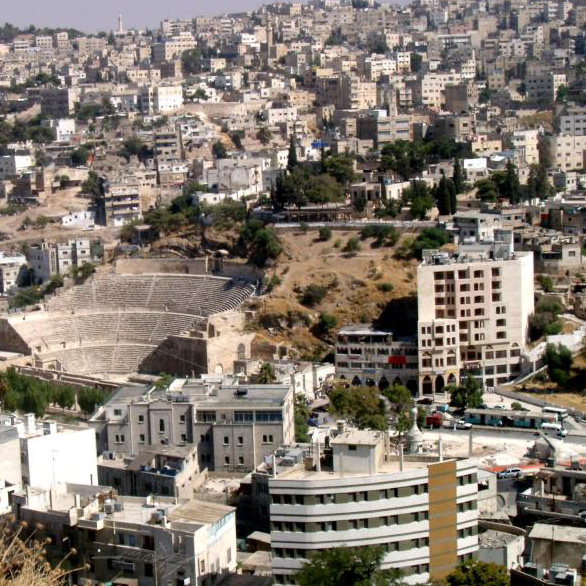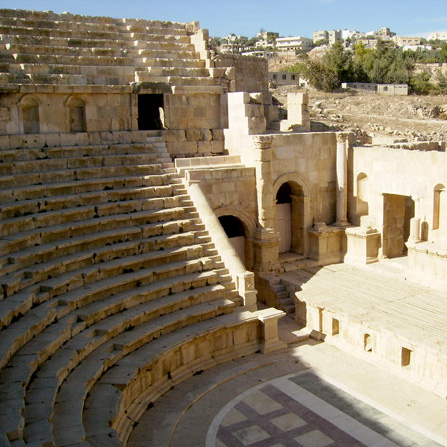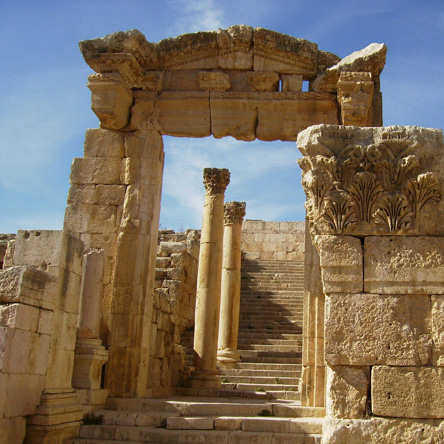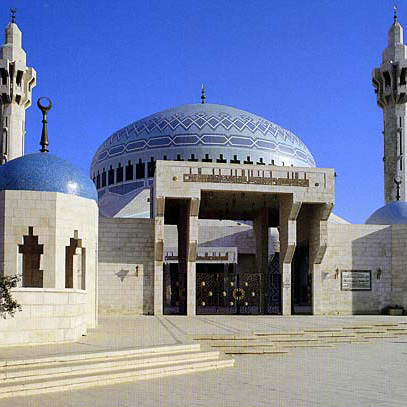2011 budget to break down expenditure by governorate
By Omar Obeidat
AMMAN –– The 2011 state budget will determine current and capital expenditures for each governorate in preparation for implementing the decentralisation plan, according to Finance Minister Mohammad Abu Hammour.
The official told The Jordan Times on Wednesday that capital expenditure priorities will be determined by the Cabinet in next year’s budget for the first time in the Kingdom’s history.
“The approach to preparing the budget for 2011 will be different as it will be more result-oriented,” Abu Hammour said, adding the budget will be in line with the national programme for financial, economic and social reforms for 2010-2013.
Indicating that the volume of the budget has not been identified yet, the minister said the forecast deficit in next year’s budget will be 5 per cent of the gross domestic product (GDP), which is in accordance with the government’s plan to reduce the deficit-to-GDP ratio by 1 per cent in 2011. The target ratio in 2010 is 6 per cent, down from 9 per cent in 2009.
“We have prepared an initial paper on foreign grants and revenues,” he remarked, stating that final figures will be announced next month.
According to Finance Ministry figures, the budget deficit in the first six months of this year went down to JD175 million from JD530 million registered during the same period of 2009, which Abu Hammour attributed to the government’s measures to cut spending and increase revenues.
He explained that public revenues during the first half of 2010 went up by JD126 million, JD64 million of which was in local revenues, while foreign grants increased by JD62 million.
The increase in local revenues came despite a JD124 million drop in income tax revenues, the minister said, adding that this drop in income tax reflects the economic slowdown in 2009.
Regarding public expenditures, the minister mentioned that spending during the first half of this year declined by JD229 million or 8.2 per cent from its level during the same period of last year.
Commenting that current expenditures increased by JD61 million from JD2.205 billion in the first half of 2009 to JD2.266 billion in the same period of 2010, he noted that the rise was driven by an increase of JD106 million spent on subsidising gas cylinders, bread and municipalities in addition to a rise in pension expenditures of around JD18 million.
Operational spending dropped to JD130 million during the first six months of this year, compared with JD173 million in the same period of 2009, a drop of 25 per cent or JD43 million, he stated.
Capital expenditures went down to JD327.5 million in the first half of the year compared to JD617.6 million during the same period of last year, which according to Abu Hammour was a result of the government’s decision to suspend unnecessary projects.
According to the figures, overall public revenues reached JD2.418 billion during this year’s first half compared to JD2.292 billion in the first six months of 2009, including JD2.260 billion in domestic revenues and JD157.9 million in foreign grants.
Overall expenditures stood at JD2.593 billion in the first half of 2010 compared to JD2.822 billion in last year’s first six months, the official figures showed.
News
23.08.2021
Meeting with King Abdullah II of Jordan
12.06.2019
Cooperation Agreement Signed in Hashemite Kingdom of Jordan
Russian-Arabic Business Council
Всех заинтересованных в установлении и развитии сотрудничества с деловыми кругами стран Арабского Востока приглашаем обратиться в Российско-Арабский Деловой Совет по адресу:
109012 г. Москва, ул.Ильинка, 5/2
тел./факс + 7 (495) 929-02-55
тел. + 7 (495) 929-03-13/15/16
эл.почта: rads@tpprf.ru
сайт: www.rusarabbc.ru







